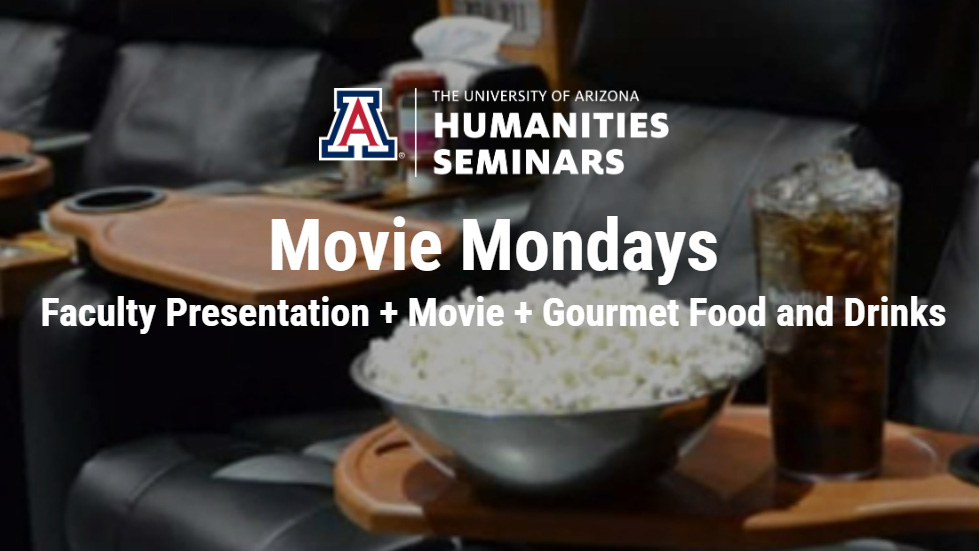
by bartmann | Jul 14, 2025
What does the Qur’an say about God, humanity, and the prophetic tradition? This six-week course offers an accessible introduction to one of the world’s most influential texts. Despite its importance, there are few reliable English resources that provide information...
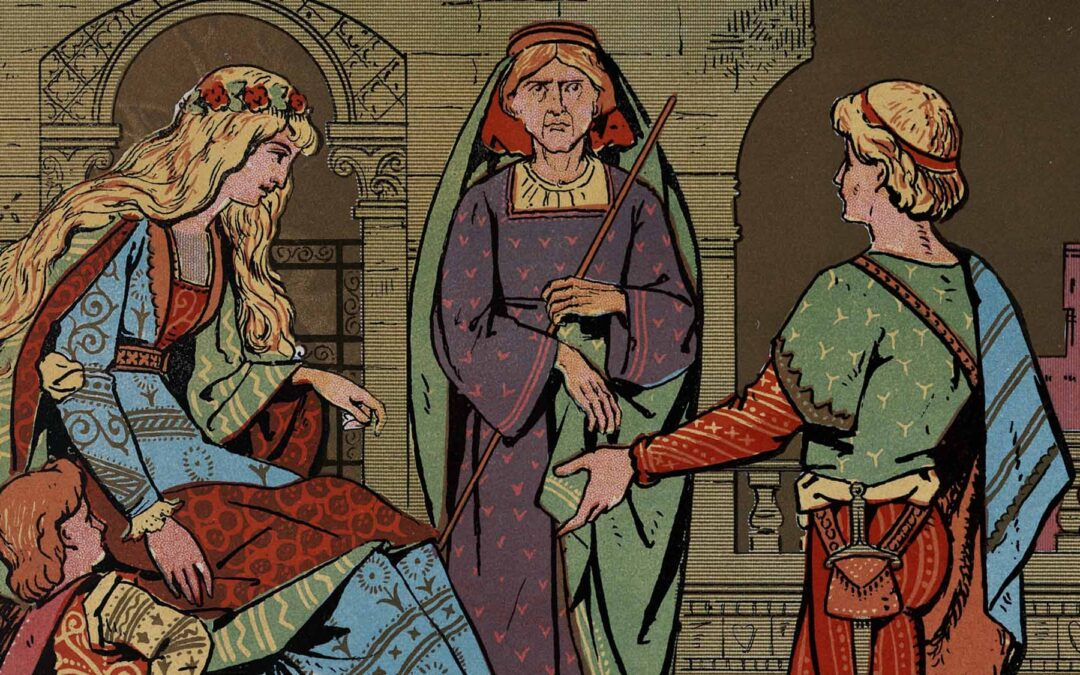
by bartmann | Jul 14, 2025
We regret that this course will not be offered this fall, and we apologize for the disappointment. We warmly invite you to join us in one of our other Fall 2025 seminars, each offering the same spirit of discovery, community, and world-class teaching that defines the...

by bartmann | Jul 14, 2025
We regret that this course will not be offered this fall, and we apologize for the disappointment. We warmly invite you to join us in one of our other Fall 2025 seminars, each offering the same spirit of discovery, community, and world-class teaching that defines the...
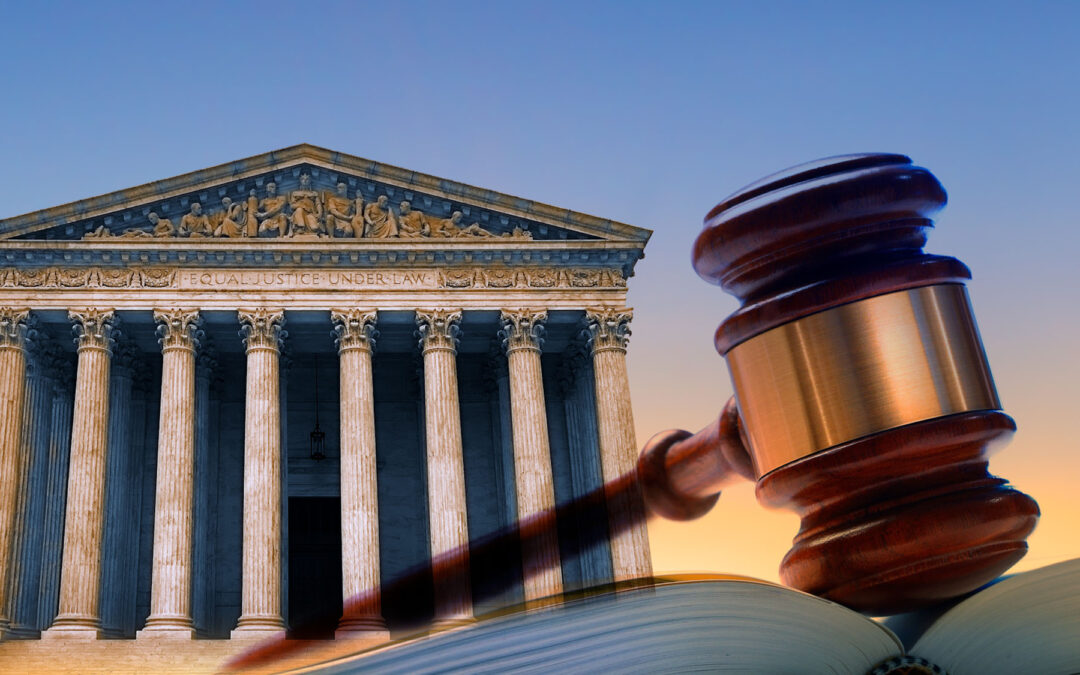
by bartmann | Jul 14, 2025
This course offers an in-depth examination of the Supreme Court’s significant terms for 2023-2024 and 2024-2025, focusing on landmark cases with important legal implications. We will start with the case of Trump v. U.S., which addresses issues of presidential...
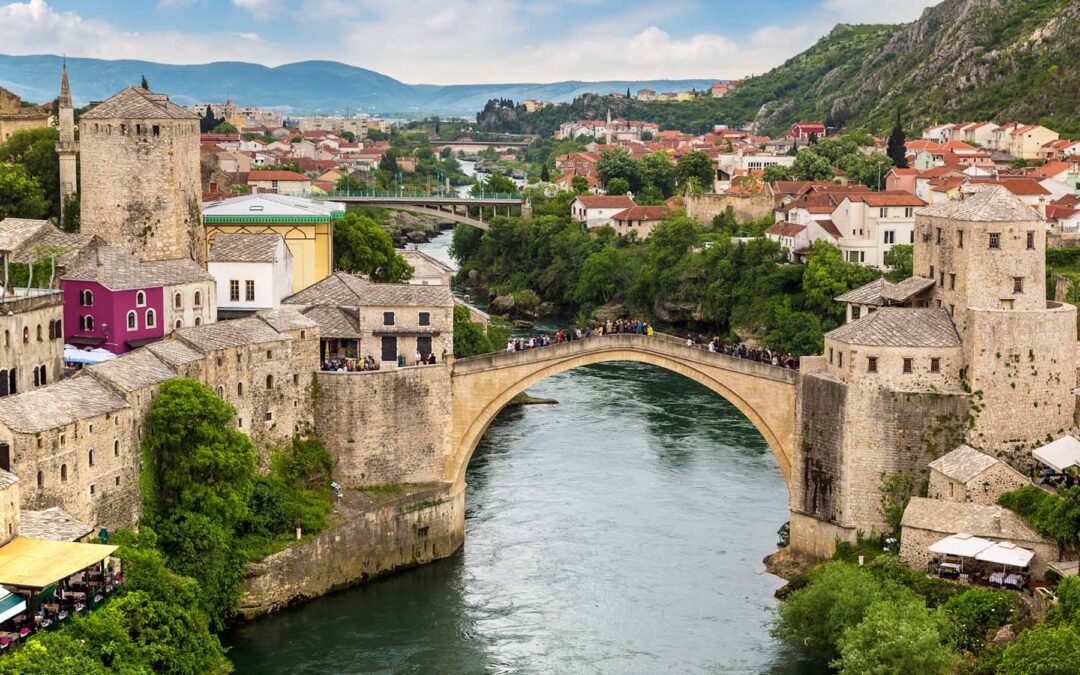
by bartmann | Jul 14, 2025
What can travel writing reveal about identity, power, and place? This seminar explores how the Balkans—a region shaped by empire, migration, and resistance—have been imagined through the eyes of foreign travelers from the Ottoman era to the present day. We’ll examine...

by bartmann | Mar 12, 2025
This course explores the pressing issue of political tribalism, often known as affective polarization, which many believe poses a significant threat to our democratic institutions. We will critically examine the nature of these tribalistic ideologies, drawing insights...

by bartmann | Mar 12, 2025
This course focuses on East European, Russian, and Soviet science fiction and fantasy, with readings drawn from the nineteenth century through the present. We will discuss these works as both anchored in their particular cultural-historical circumstances and also for...
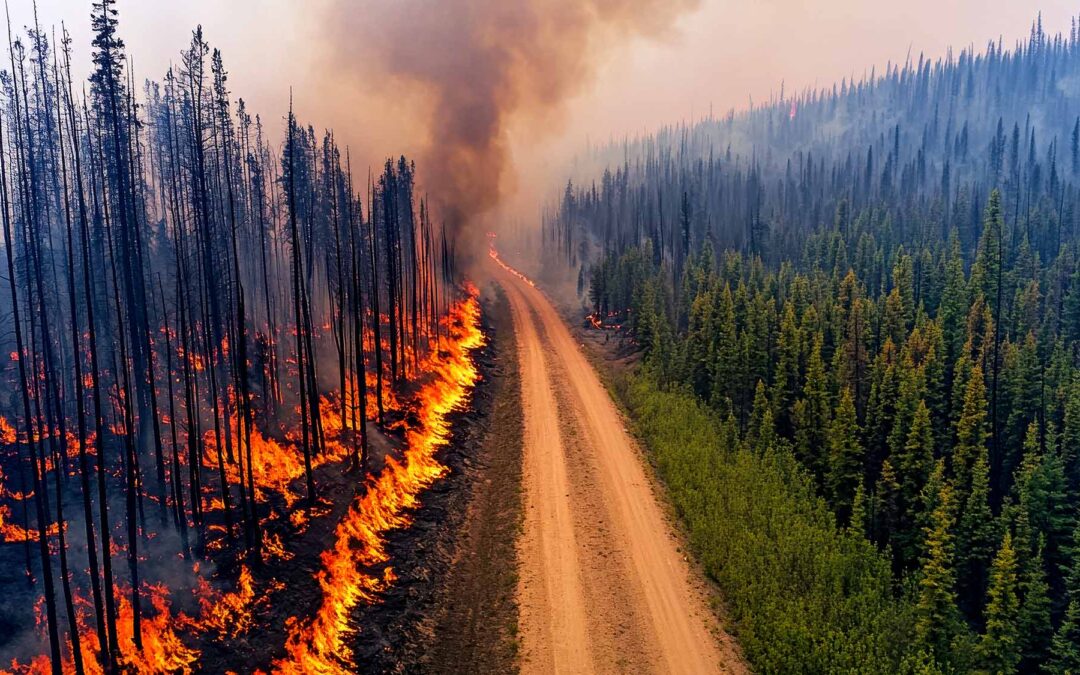
by bartmann | Mar 12, 2025
Forests represent some of the planet’s most vital ecosystems, covering substantial areas and significantly influencing human society and the global economy. However, human activities, especially climate change, are profoundly reshaping forest structures and functions....
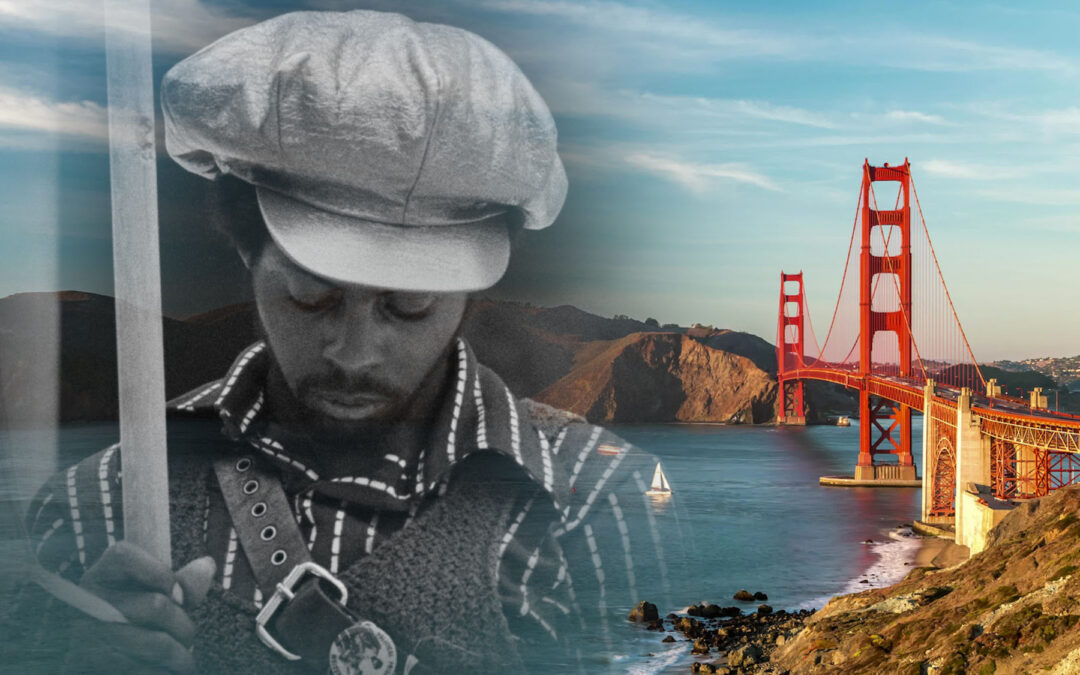
by bartmann | Mar 12, 2025
What insights can art, literature, film, and music provide about Black life in the western United States? This dynamic six-week course invites you to explore the rich history of people of African descent in the American West, from Spanish colonization to the late...

by bartmann | Mar 12, 2025
The short story is a meticulously structured literary form that requires discipline in its plot and structure. In science fiction, this format pushes boundaries by integrating groundbreaking scientific and technological advancements crucial to the narrative. This...
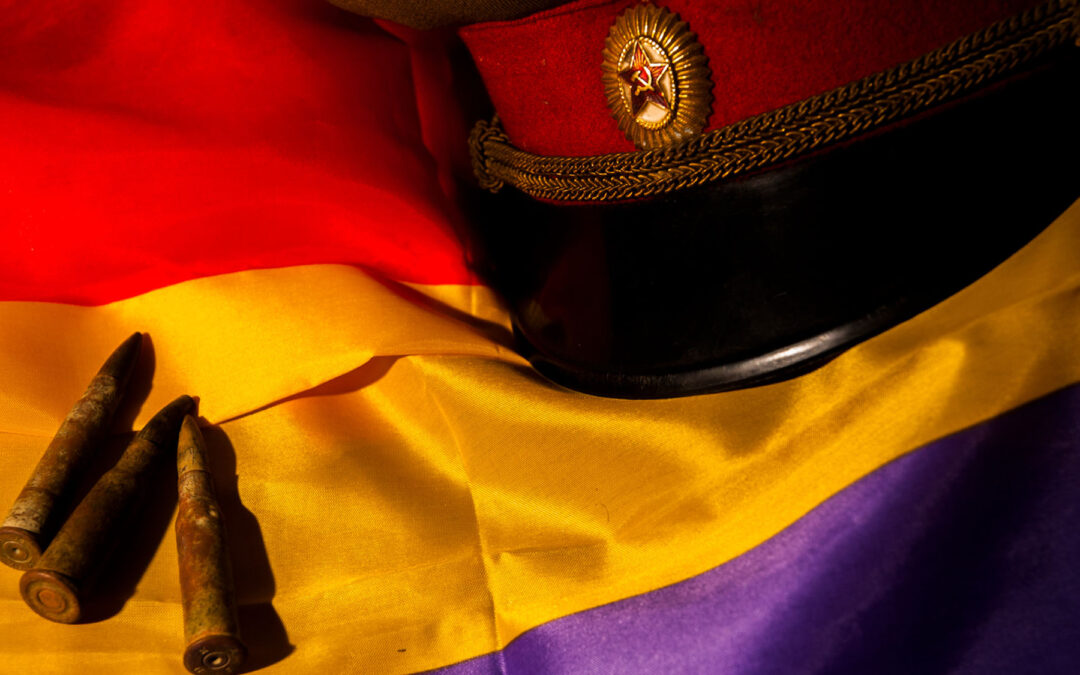
by bartmann | Mar 12, 2025
The Spanish Civil War unfolded in what a distinguished historian once referred to as a backwater of Europe. This conflict marked the final chapter in a century-and-a-half-long civil struggle between forces seeking reform and those clinging to reactionary ideals. It...
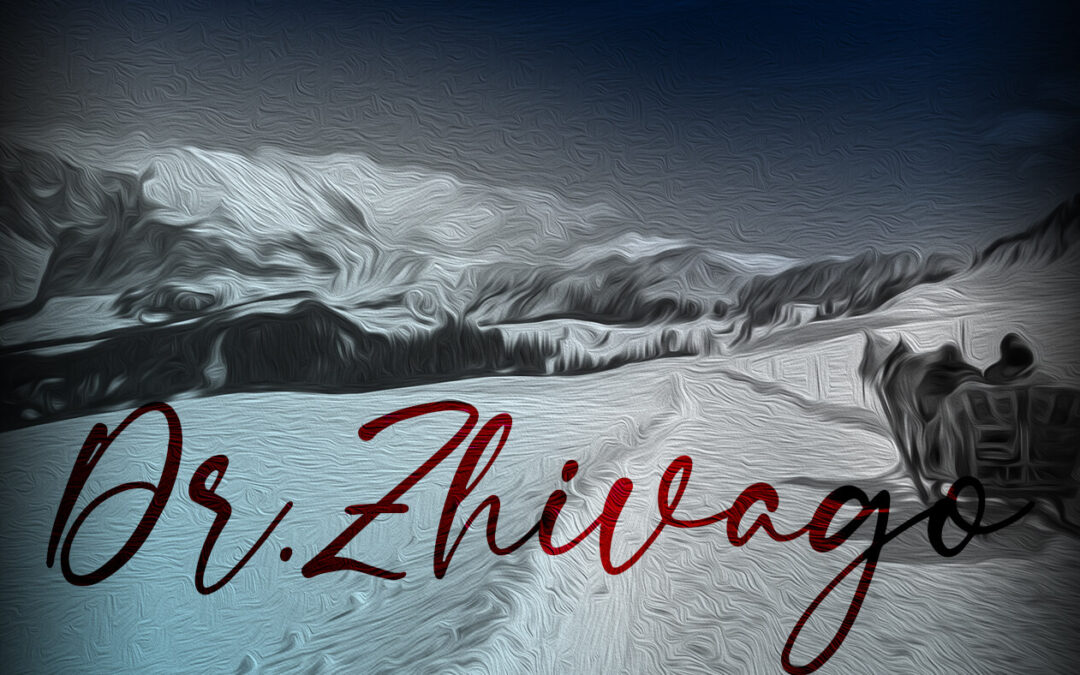
by bartmann | Mar 12, 2025
Russia has never gotten Pasternak’s Dr. Zhivago out of its system. This course will take us deep into the most controversial novel written during the Soviet era. Tolstoyan in its sweep, Dr. Zhivago is a stunning indictment of the system that attempted to engineer...
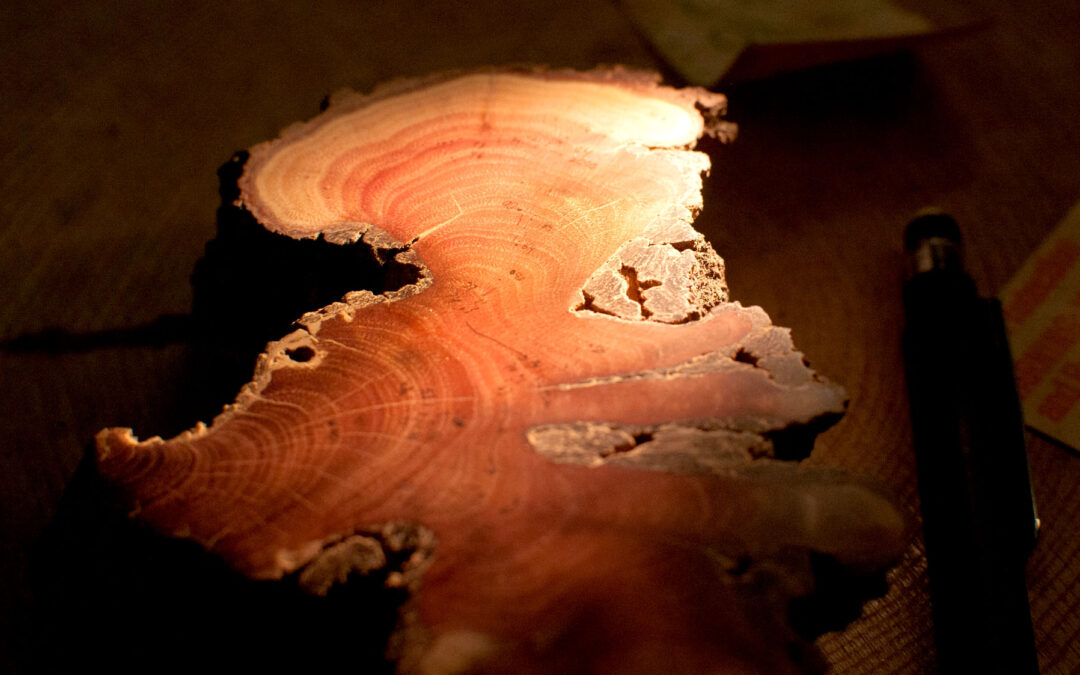
by bartmann | Mar 12, 2025
This course will focus on the scientific field of dendrochronology (from dendron=tree and chronos=time), or tree-ring science, and what it can tell us about the past, present and future. We will explore the fascinating history of how the science was developed by a...
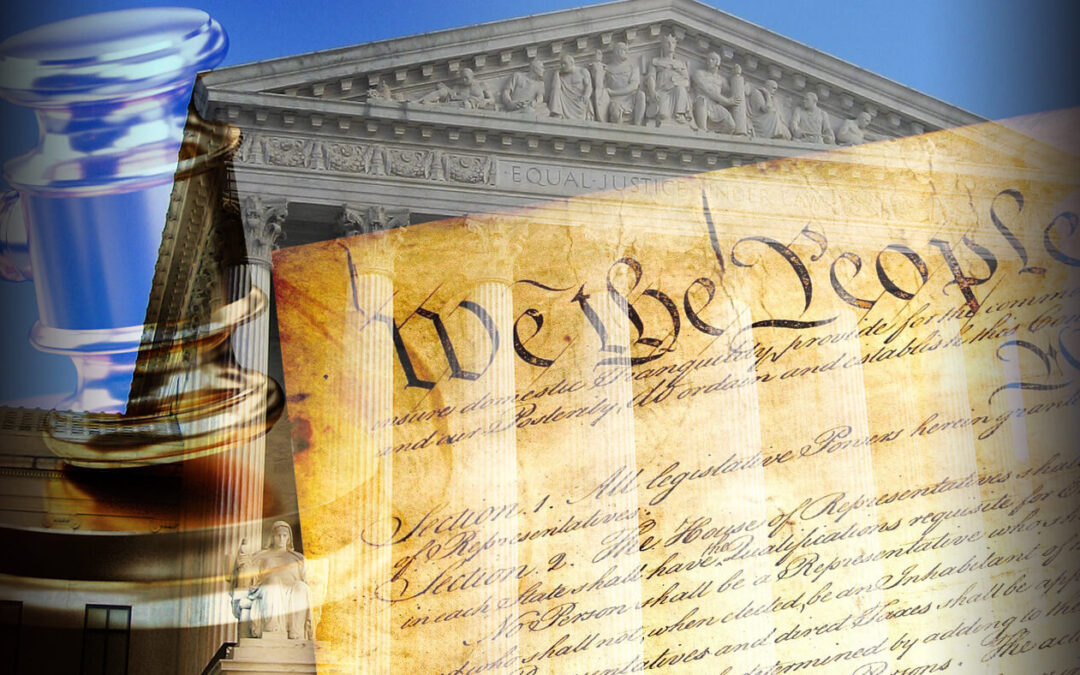
by bartmann | Mar 12, 2025
This course continues the exploration of the United States Supreme Court and its role in deciding fundamental social questions. After an introductory class on the Court, we will focus on landmark cases involving race in education, abortion, Second Amendment, and...
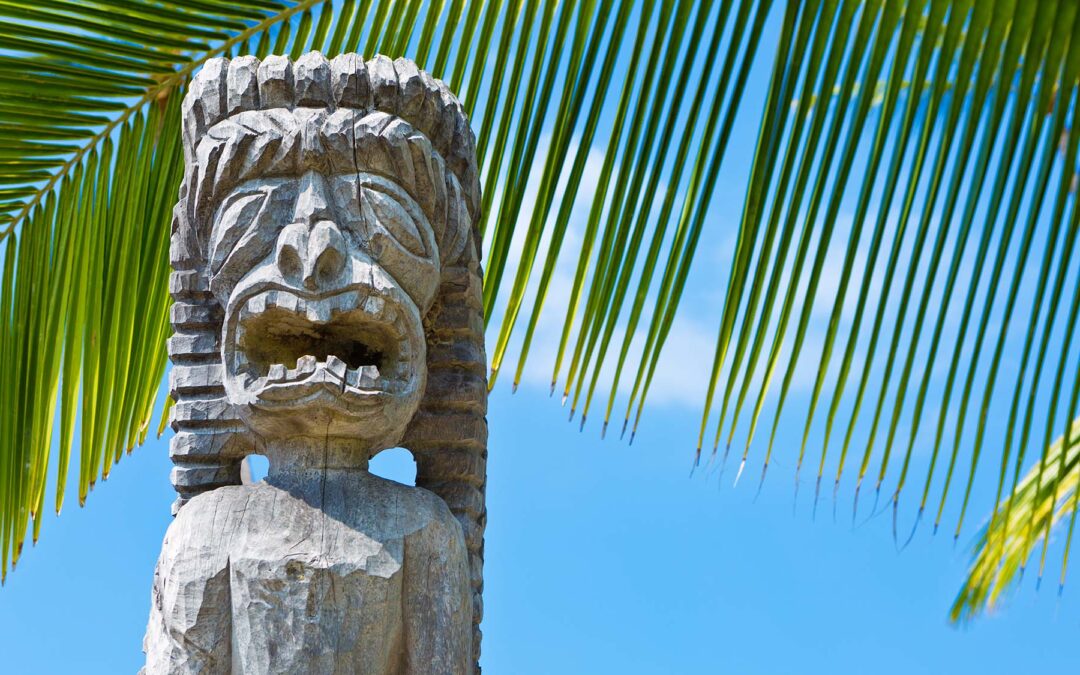
by bartmann | Oct 10, 2024
In “Hawai`i’s Ancient Past,” we delve into the islands’ rich history and evolution—spanning natural phenomena, the Polynesian settlers, and the unique ecosystem developed in isolation. Through interdisciplinary research including biology,...
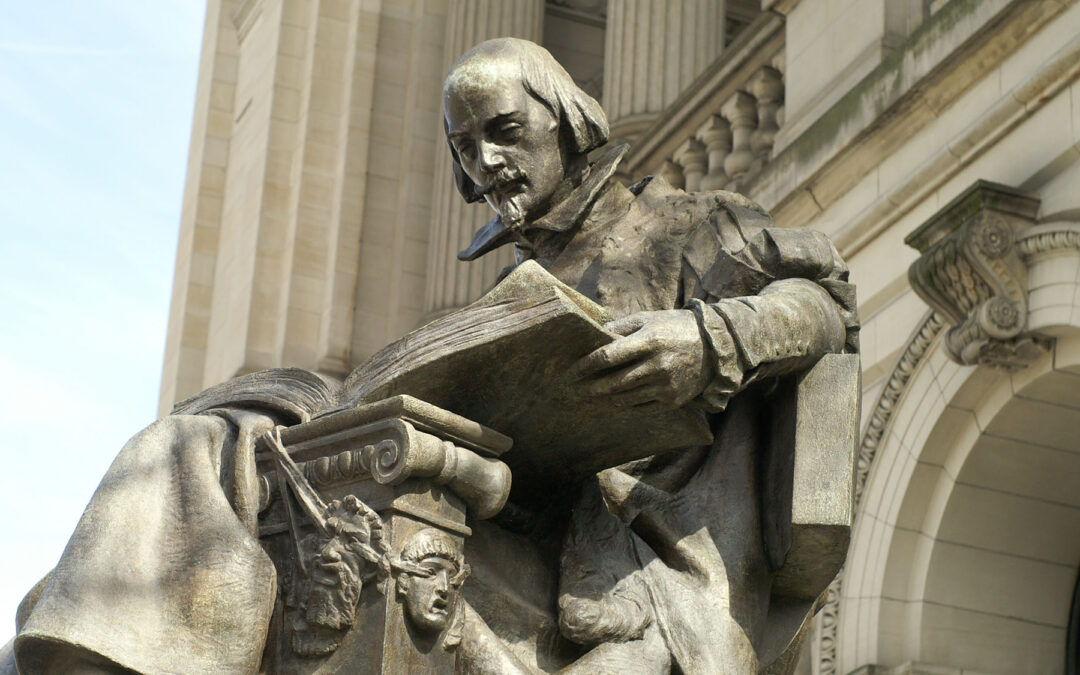
by bartmann | Oct 10, 2024
Unlike comedy and tragedy, the history play was a recent form when Shakespeare turned to it. Depending on the play’s historical sources, the plot could follow either a tragic or a comic pattern and conclude either in resolution and triumph or in conflict and defeat....
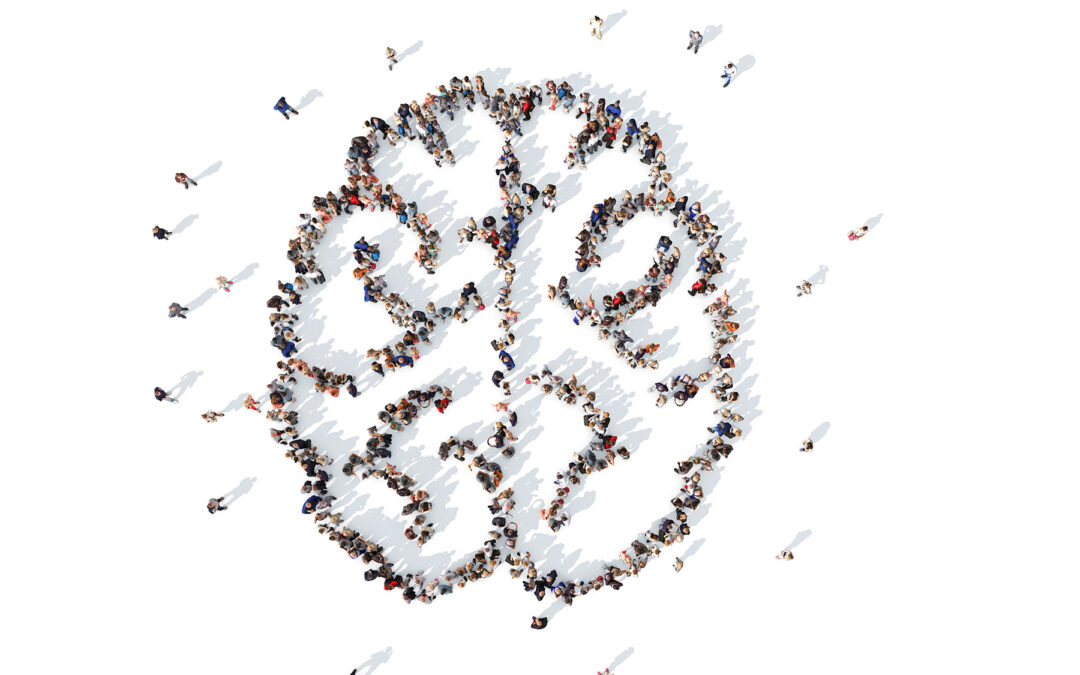
by bartmann | Oct 10, 2024
Explore the concept of collective intelligence, where group behavior leads to efficient problem-solving. Discover how natural and engineered systems, like ant colonies, cellular societies, and computer networks, exhibit intelligent behaviors similar to human...

by bartmann | Oct 10, 2024
Christianity is no longer primarily a western religion. In 1900, 82 percent of all Christians lived in Europe and North America. Today, that percentage has shrunk to 30 percent. Still, there are now just as many Christians across the world as there were in 1900. What...

by bartmann | Oct 10, 2024
“Using one word for another isn’t special; it’s what we do all the time. Translators just do it in two languages,” professor and translator David Bellos has written. In this course, we will explore literature from around the world, gaining deeper insight by examining...






